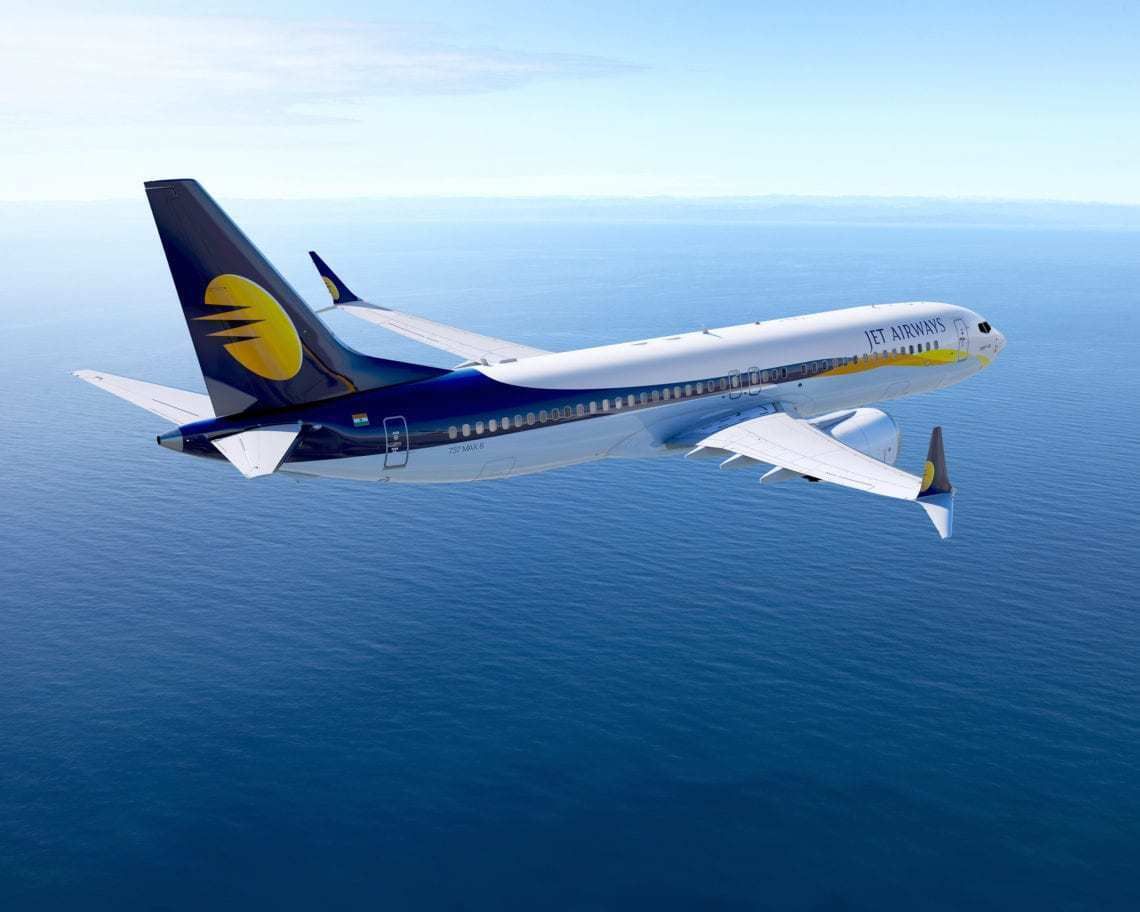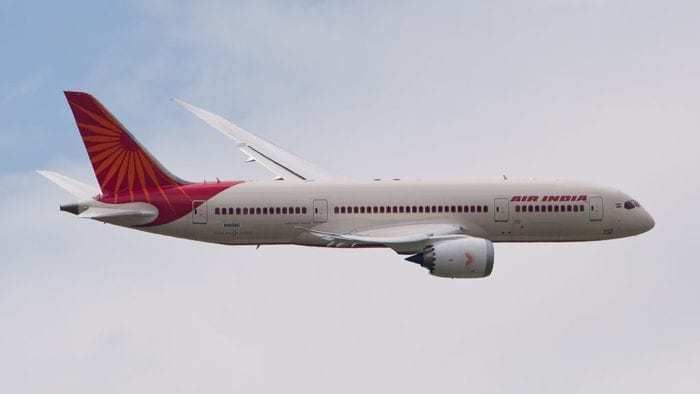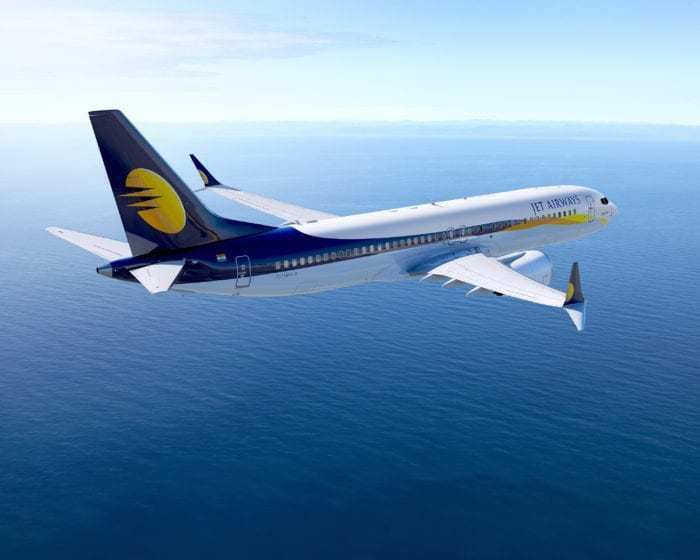Whilst the world reels in tragedy from the 737 MAX 8 disaster, there has been one silver lining.
Fares in aviation price-war India have gone up, supplying local companies with much-needed cash revenue to keep flying.
What is the situation in India?
Aviation in India is facing some problems. It's a huge market with clear opportunity, but the majority of the population can not afford air travel (this is a generalization). As such, the train network is very robust and, next to China and Europe, is one of the best in the world (you can go anywhere on trains).
So, airlines have to find a way to compete with a poorer population that already has a great alternative on the ground. Whilst at the same time fending off competition from airlines outside of the country.
Thus, tickets in India are being sold for as little as two cents! The airlines are so cutthroat with each other that they offer practically free airfares to get customers onto their flights.
How does banning the 737 MAX 8 change things?
Because the 737 MAX has been banned from flying anywhere in the world, many airlines that heavily utilize the aircraft have found themselves with a capacity shortfall. If an airline was currently in a price war with another airline, and have their capacity banned, they would have to charge more for the limited seats they had left. This capacity vacuum in the market will quickly cause prices to accelerate back up and beyond previous levels.
Such is the case in India.
Due to the banning of the 737 MAX, 14 different major domestic routes in India have seen prices increase up to 65% (since last year). One route actually increased by 50% in two days since the news was announced (from 8,000 rupees to 12,000 rupees).
"The DGCA’s decision to ground 737 MAX aircraft has resulted in a fairly significant impact on the airfares for immediate travel on certain key routes"
Much of this is fueled by SpiceJet. They operate 12 737 MAX aircraft, which are now no longer able to fly. This has reduced their 737 fleet by 25%. SpiceJet has another 193 MAX 8 aircraft on order from Boeing. Jet Airways (pictured above) has five Boeing 737 MAX 8 grounded. They also have 142 on order as well as 72 737 MAX 9.
Less capacity on routes means airlines have little option than to increase prices to make up for the shortfall. As such, passengers used to paying only a few dollars now face parting with a month's wages to fly anywhere. It is a problem as well if these people are using aircraft as essential transport (seeing family, health or work).
"With the current increase in load factors and this reduction in capacity, we expect airfares to rise further in the short to medium term."
The DGCA has asked airlines to not engage in any profitable fare increases during this time.
What do you think? Is this good for India in the long term?



